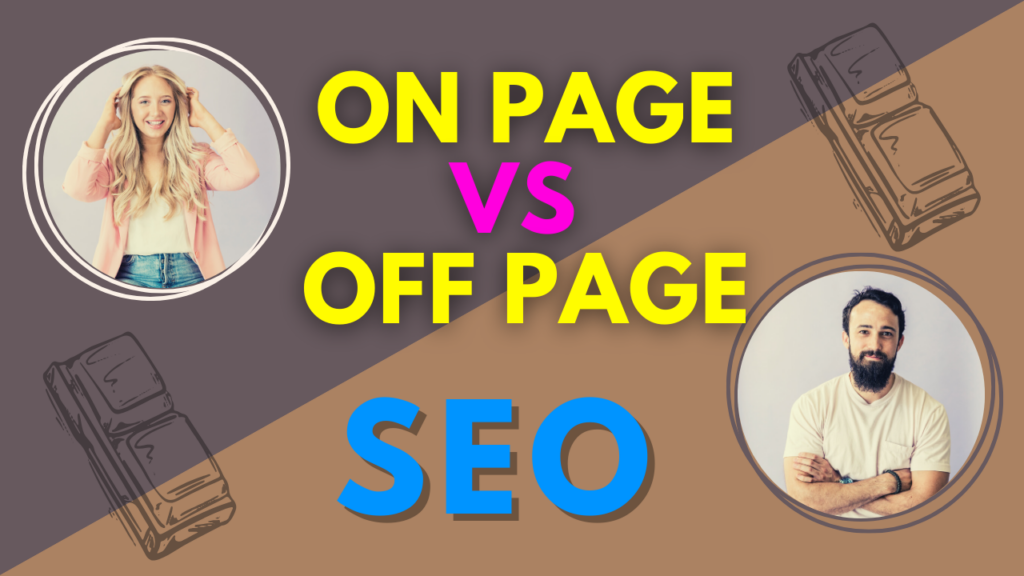In the evolving world of digital marketing, SEO (Search Engine Optimization) stands tall as a constant. Central to SEO are two core components: On-Page SEO and Off-Page SEO. Both are essential in determining how well a website ranks on search engine results pages (SERPs). However, they serve distinctly different roles in the SEO ecosystem. Let’s dissect these two facets for a clearer understanding.

On-Page SEO: The Foundation of Your Content
On-Page SEO, as the name implies, refers to all the elements contained directly within your website. These are factors you can control and optimize to improve your site’s visibility.
Core Elements of On-Page SEO:
- Title Tags: These define the title of your web pages, appearing prominently on SERPs and browser tabs.
- Meta Descriptions: A brief snippet describing the content of a page.
- URL Structure: A clear and concise URL can provide both users and search engines an idea of what a page is about.
- Internal Linking: Linking to your own content can help improve navigation and provide more context to search engines.
- Keyword Usage: Properly integrating relevant keywords in your content without overstuffing.
- Image Optimization: Using relevant alt tags and ensuring images are properly sized.
- Content Quality: Delivering value to readers with unique, informative, and engaging content.
- Site Speed: Ensuring your website loads quickly for both desktop and mobile users.
Off-Page SEO: Building Your Site’s Reputation
Off-Page SEO encompasses actions taken outside of your website that impact your rankings within the SERPs. It’s largely about building credibility and trustworthiness.
Key Components of Off-Page SEO:
- Backlinks: These are links from other websites pointing to yours. Quality is crucial. A link from a well-regarded website in your industry can carry significant weight.
- Social Media Engagement: Shares, likes, and comments on platforms like Facebook and Twitter can influence your site’s visibility.
- Guest Blogging: Writing content for other websites can not only get you backlinks but also introduce your brand to a broader audience.
- Brand Mentions: Even unlinked mentions of your brand can be a positive signal to search engines.
- Online Directories: Being listed on trusted directories can boost your site’s credibility.
The Takeaway:
On-Page and Off-Page SEO, while different in execution, are both crucial in crafting a comprehensive SEO strategy. Think of On-Page SEO as refining the quality of your home, making it appealing and functional, while Off-Page SEO is about getting the word out, letting the neighborhood know just how great your home is. Together, they form a harmonious balance, ensuring that your website is not only well-structured but also well-regarded in the vast digital landscape.
